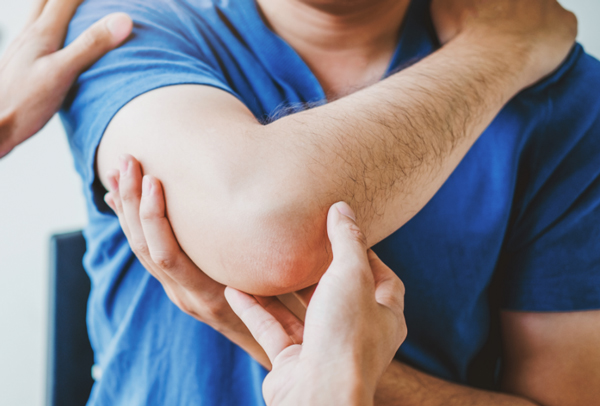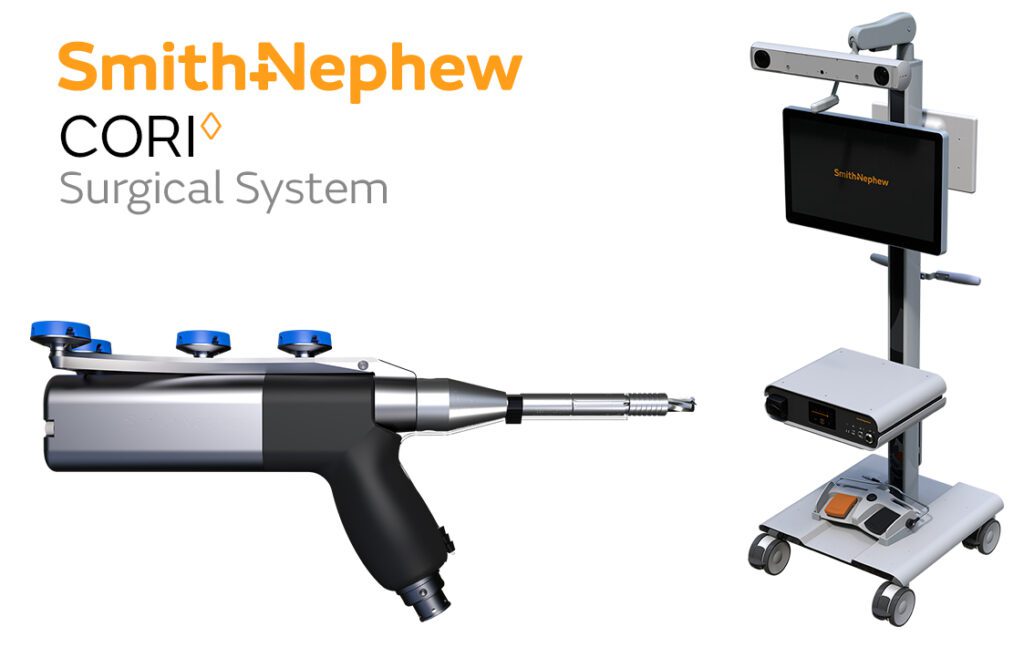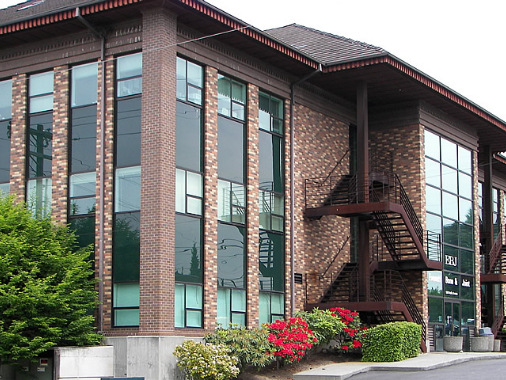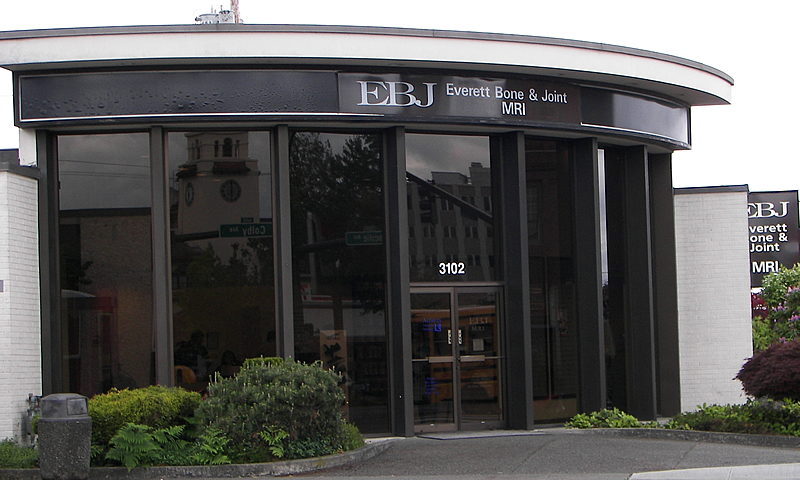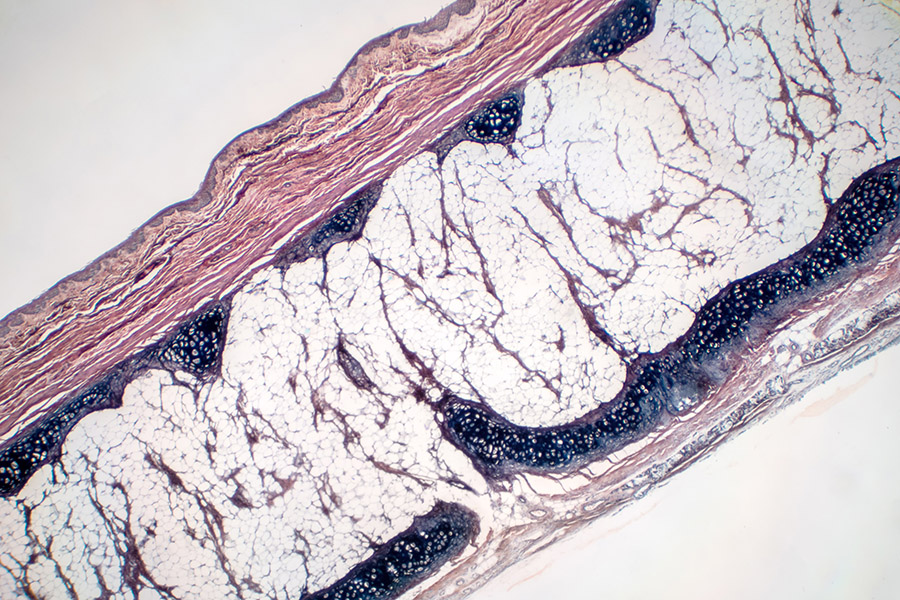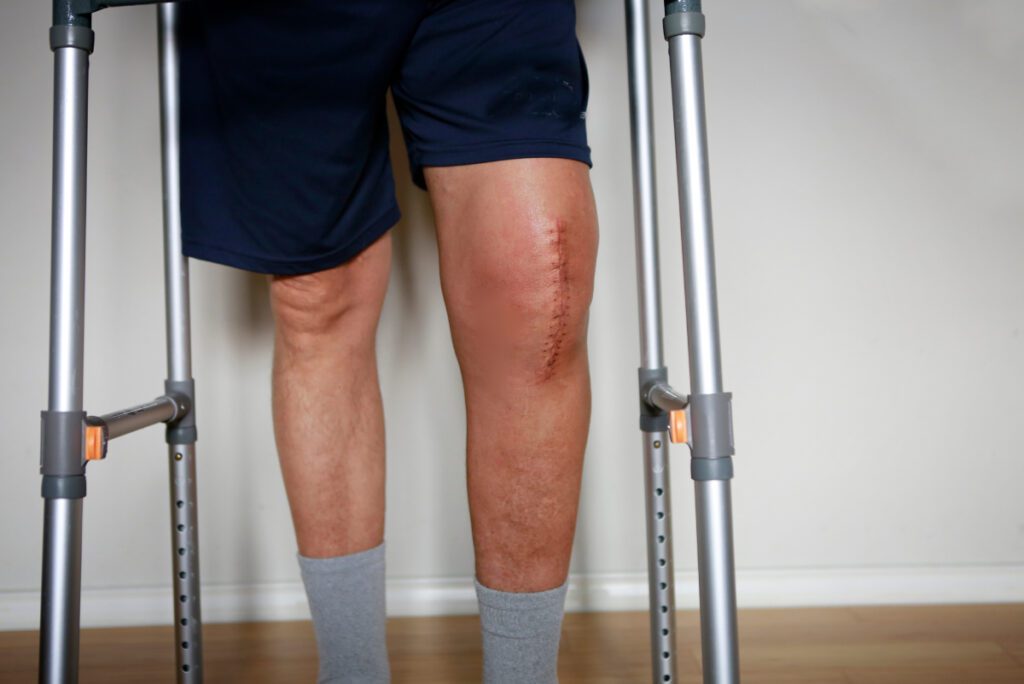Like any type of procedure, knee surgery carries the risk of complications after you’ve left the care of the surgeon and medical team. While everything is done to minimize the risk of complications, part of managing the wound healing and avoiding any problems is your responsibility.
To better help prevent any complications from knee surgery, encourage proper care at home, and when to alert medical professionals, we’ve assembled a short guide to help patients navigate post-knee surgery.
Potential Complications Follow Knee Arthroplasty
Knee arthroplasty, no matter the type, carries several different risks. Some potential complications arise directly from the surgery while others can result from the body’s reaction to the procedure:
Anesthesia
Anesthesia is given in many types of surgery to make the patient unconscious and avoid any pain. It can be administered regionally if the patient needs to stay away or general, which puts them under. For general anesthesia, there are several side effects:
- nausea
- drowsiness
- a sore throat, from the breathing tube
- headaches
- in rare cases, stroke or heart attack
For regional anesthesia, side effects include:
- trouble urinating
- allergic reactions
- headaches
- in rare cases, nerve injury from the needle used to deliver anesthesia
Infection
Any kind of opening in the skin allows bacteria to enter the body, which can lead to an infection. While the surgeon will take precautions to minimize the risk, such as sterilized instruments and operating room, a patient should keep an eye out for signs of infection when they are home:
- swelling
- warmth
- redness
- fever
- chills
- discharge at the surgical site
Blood Clots
A blood clot is the most dangerous of the potential complications from knee surgery. If during the procedure a blood vessel was damaged or a person hasn’t moved for several days following the surgery, blood flow can slow and cause a clot to form. A blood clot can travel to the lungs and block the flow of blood, which can be life-threatening.
Allergic Reaction
Sometimes a patient has an allergic reaction to the metal parts of knee implants, triggering symptoms like swelling, a rash, blisters, and others. In rare cases, the reaction can cause symptoms throughout the body such as weakness and loss of function where the implant is. Patients who’ve had skin reactions to metal jewelry before should notify their doctor so they can be tested for metal allergies before the surgery is scheduled.
Implant Failure
While knee arthroplasty has advanced and the prosthetics used for implants have as well, there is still the risk of a joint implant failing. The symptoms of an implant failure include continued pain and stiffness following the surgery.=
Reducing the Risks of Knee Replacement
The best way to reduce the risk of any complications from knee surgery is to follow the instructions from the surgeon. The care team will talk with you about how to recover properly at home and things to avoid. You can help care for yourself and avoid any complications by:
- Taking it slow with your new knee. It can take between three and size weeks before returning to normal activities. While the surgeon will encourage you to move your knee, make sure to not overdo it.
- Use ice to help reduce the swelling and pain in the first few days after surgery and prop it up with pillows.
- Compression devices, like stockings or a boot, will apply pressure and prevent blood from pooling in the legs, which will cause a blood clot to form.
- Cleaning the wound should be done according to the doctor’s instructions and it’s important to keep it clean to avoid infection.
It’s essential to follow the instructions of the care team and take steps to ensure you recover properly following knee surgery. If you have any questions, never shy away from asking or calling to make sure, and the same for any concerns during healing at home. We at Proliance Surgeons Everett Bone & Joint are dedicated to ensuring our patients recover well and have the knowledge to participate in the medical process. By delivering the highest quality of care and expertise, we better the community and keep our neighbors in good health for as long as they can and help them with a shorter recovery time.











